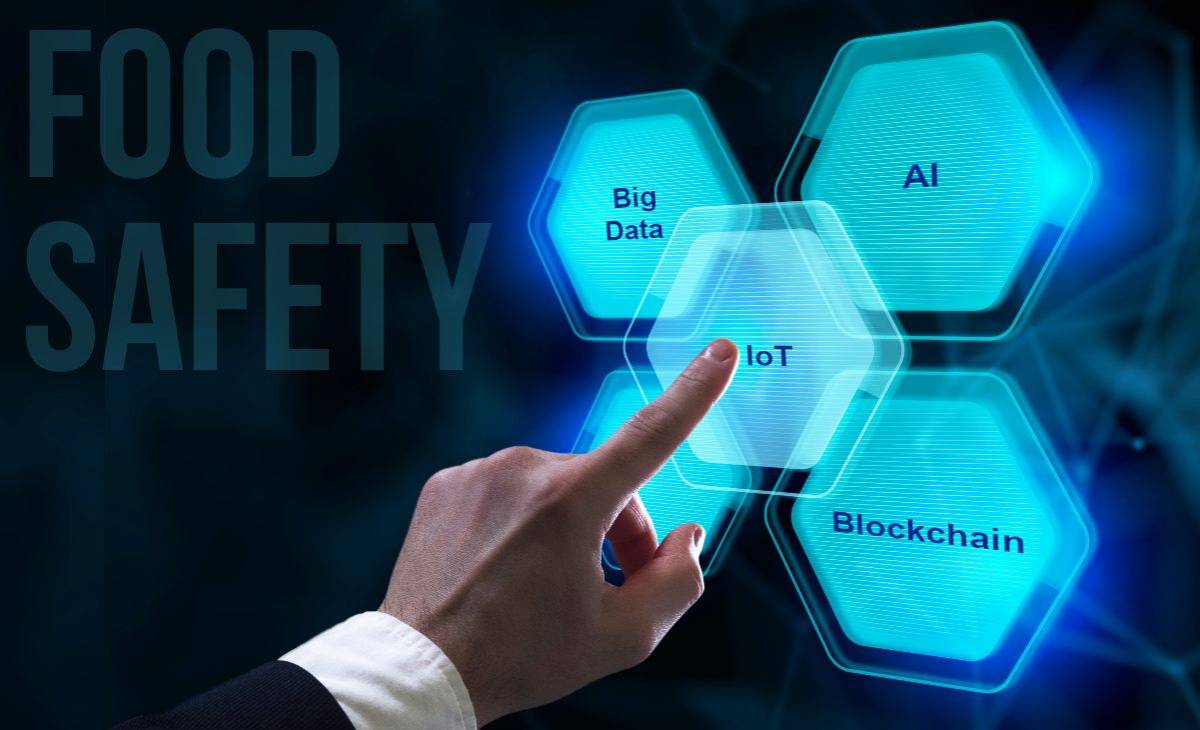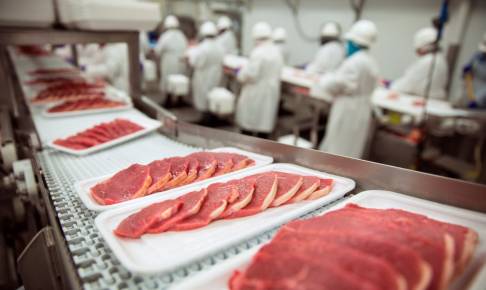FAO promotes early warning systems for food safety
In an effort to enhance food safety measures, the United Nations Food and Agriculture Organization (FAO) is placing a spotlight on early warning tools and systems. These systems play a crucial role in mitigating potential risks associated with various hazards, according to a recent report released by the agency.
The capability to identify emerging food safety risks and provide timely warnings is essential for national and international authorities involved in ensuring food safety. Recognizing the need for a shift from reactive to proactive measures, the FAO report highlights the significance of modern digital warning tools that utilize real-time data and employ artificial intelligence (AI) and machine learning techniques.
The report delves into several specific tools and technologies, including Big Data, AI applications, biosensors, the Internet of Things (IoT), Blockchain, and machine learning. It also addresses the challenges and barriers associated with the adoption of these tools, both technically and socioeconomically.
One of the key challenges identified for AI applications is the lengthy training time required, along with ethical and policy concerns. In the case of Big Data, the report points out the limited availability of high-quality data in the field of food safety, particularly data from the private sector. Implementing Blockchain technology was found to have a high cost, while crowdsourcing could introduce inaccurate information and compromise data quality. Remote sensing tools face challenges related to user understanding of collected data and the abundance of irrelevant data in text mining.
The report's findings were based on literature review, an online survey with 83 responses from 59 countries and virtual workshops conducted by FAO in collaboration with Wageningen Food Safety Research (WFSR). The feedback received shed light on additional barriers faced by low- and middle-income countries, such as a lack of financial, human, and material resources. These countries often struggle with inadequate monitoring of foodborne hazards, limited access to technologies and databases for pathogen traceback, and insufficient coordination between agencies due to limited financial support.
From a technical perspective, the report emphasizes the need for infrastructure and facilities to collect, store, and process data. Reliable internet access and wireless connectivity, particularly in low- and middle-income countries, pose significant challenges. Additionally, the computational infrastructure required to handle large and diverse datasets is often lacking.
FAO's efforts to promote early warning systems align with the United Nations' 2030 Agenda for Sustainable Development and its 17 Sustainable Development Goals. Here, food safety is recognized as an integral component of food security, and advancements in early warning systems are seen as crucial to addressing emerging risks in the global food supply chain.
Source:






















